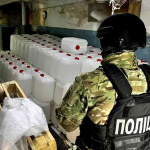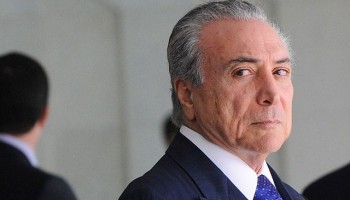The conviction was originally handed down in July by Sérgio Moro, a high-profile judge in the Petrobras graft scandal.
The confirmation on Wednesday renders Lula ineligible to run in the upcoming presidential election, but he will likely appeal the charges to the Supreme court.
Lula was convicted of receiving roughly US$755,000 in bribes from construction company “OAS” in an apartment swap, where a simple flat bought by Lula was swapped for a seaside apartment in the same building.
Prosecutors said the company paid close to US$28 million in bribes for three generous Petrobras contracts.
Lula’s lawyers claim that Lula was never the owner of the apartment and described the case against him as a “legal farce” in a written statement.
Moro sentenced Lula to nine-and-a-half years in prison but the three judges voted to increase the sentence to twelve years and one month.
The Petrobras scandal has implicated numerous high-ranking politicians and businessman from both the Worker’s Party headed by the impeached president Dilma Rousseff, and the resurgent right wing.
Following the scandal which took place during the Lula administration’s second term, and the impeachment of Rousseff in 2016, the former vice-president Michel Temer was elected to power and imposed heavy austerity measures.
Rousseff has denounced the conviction of Lula as part of “the rise of the extreme right within the PMDB (Brazilian Democratic Movement Party),” and a conspiracy to discredit the Worker’s party, while pushing a neo-liberal agenda.
Prior to the ruling, the court, located in the city of Porto Alegre, was surrounded by hoards of Lula supporters demonstrating against the conviction. Security measures included the closure of airspace over the court, blocking surrounding streets, and the deployment of helicopters and rooftop sharpshooters.






